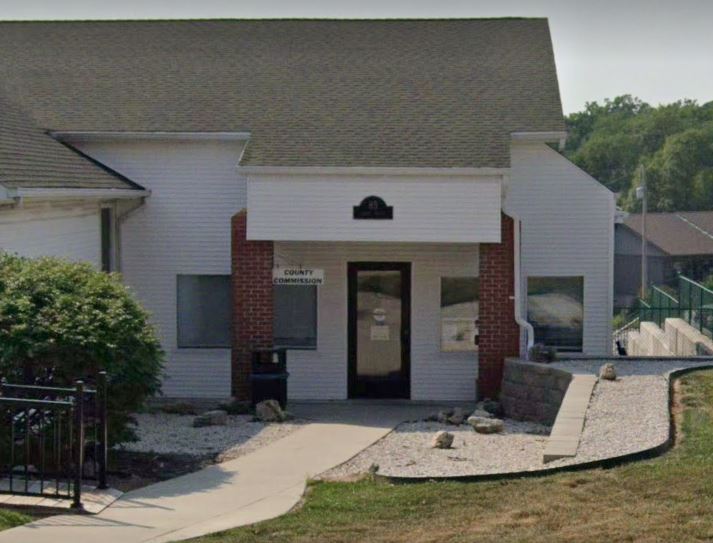Lake Regional Explains Prediabetes during National Diabetes Month
There’s good news and bad news for people newly diagnosed with prediabetes.
First, the bad news: Prediabetes is serious, and if you keep doing what you’ve been doing, you likely will progress to type 2 diabetes.
But the good news: Getting diagnosed with prediabetes can be just the warning sign you need to turn your health around.
“The best news about prediabetes is you can reverse it,” said Katee Jennings, PharmD, Lake Regional Diabetes Education program coordinator. “Once you have diabetes, you have diabetes for life, but that’s not true for prediabetes. You can take action now to lower your blood sugar, prevent diabetes and avoid all of the complications this devastating illness brings.”
Turn it around
Some key lifestyle changes can return blood sugar levels to the normal range and significantly lower the risk of developing type 2 diabetes. Those changes include:
· Losing 7% of your body weight if you’re overweight. For someone weighing 200 pounds, that’s a loss of 14 pounds.
· Exercising moderately. You don’t have to join a gym. Moderate exercise can be as uncomplicated as taking a brisk walk at least five days a week.
· Eating a healthy diet. Focus on foods such as vegetables, fruit, whole grains, lean protein (think fish and chicken) and low-fat dairy products. Cut back on processed, fried and fatty foods. Choose water instead of sugary drinks.
“This is your chance to make a change,” Jennings said. “Remember, there is no cure for type 2 diabetes. Prevention must be the priority.”
Could you have prediabetes?
Many people have prediabetes without realizing it because the condition doesn’t cause symptoms. The only way to know for sure is with a simple blood test. Talk to your health care provider about being tested if you have any of these risk factors:
· You’re overweight.
· You’re at least 45 years old.
· Your parent or sibling has type 2 diabetes.
· You are physically active fewer than three times a week.
· You ever gave birth to a baby that weighed more than 9 pounds.
· You had gestational diabetes (diabetes during pregnancy).
Change is hard. Get support.
Have you tried to make changes in the past only to find yourself back in your old habits, still headed in the wrong direction?
This time, give yourself some needed support. Check out these two resources from Lake Regional:
Diabetes Education. If you have already been diagnosed with diabetes – recently or years ago – Lake Regional’s Diabetes Education program provides motivation, support and hope. Learn tools for healthy eating, become more active, manage stress and cope with the daily tasks of living with diabetes. Call 573-302-2725 to learn more.
Chronic Care Management. If you have diabetes or prediabetes, it’s likely you also have other ongoing medical issues, such as high blood pressure, arthritis or obesity. Managing multiple chronic conditions can be tough — Lake Regional’s Chronic Care Management program helps with extra one-on-one support. A registered nurse serves as your case manager. This nurse calls at least once a month to see how you are doing, and you can call your nurse as often as needed with questions. Ask about your conditions, tests, treatments, medications, appointments and other concerns. To be eligible, you must have at least two chronic conditions, be enrolled in Medicare and have a Lake Regional primary care provider. Call 573-302-2281 to learn more.


